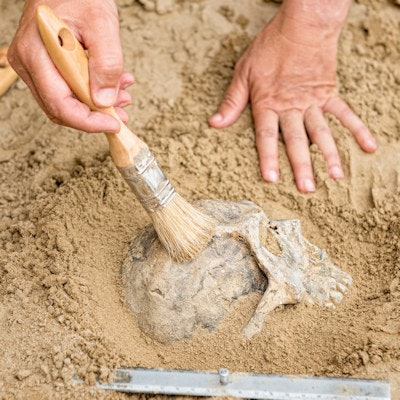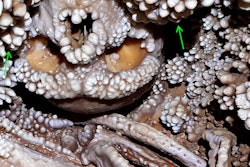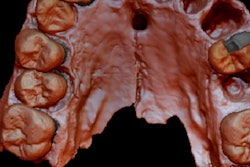
An approximately 70,000-year-old incisor believed to have belonged to a Neanderthal adult was recently unearthed at an archaeological site in southwestern France, near the border of Spain, according to news reports.
The perfectly preserved tooth, which has a root of more than 2 cm and appeared to be intensively used, was found on August 11 in the Coupe-Gorge cave at the archaeological site of Montmaurin in Haute-Garonne, France.
Archeologists were impressed by the length of the tooth, noting that it was typical for Neanderthal males. The wear on the tooth indicated that it was used not only for chewing but also likely for other purposes, such as to work leather.
The National Museum of Natural History will use a scanning process to analyze the inner structure of the tooth to determine the age of its owner.
In early August, archaeologists began searching the area again for the first time since the 1960s. Scientists believe the area was a gathering place where nomads brought animals for consumption. A jawbone from a child from the pre-Neanderthal era, cutting tools made of stone, and meal leftovers have been found at the site.



















